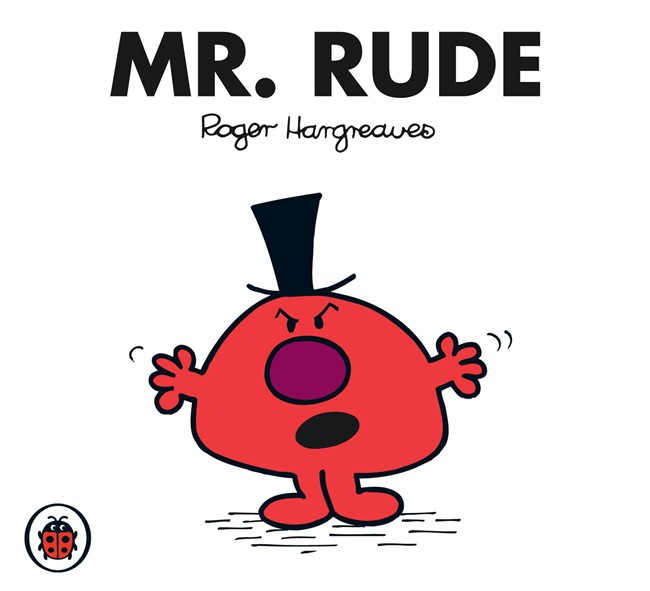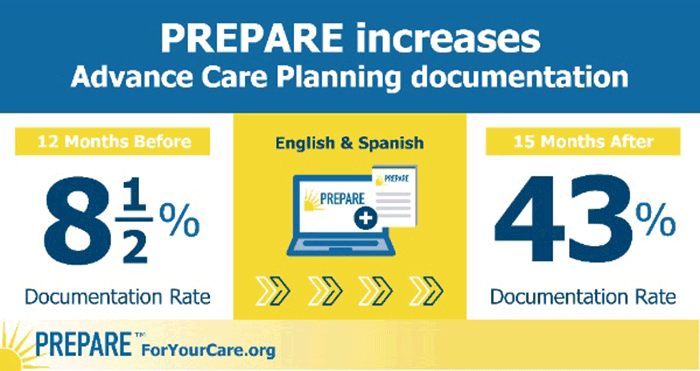
A fascinating study came out in Pediatrics recently on the impact rudenessplays on the performance of teams that I just couldn’t help but write about (partially because I cant get that song out of my head from the video at the bottom of this post).
Enough about you Eric, tell me about the study
Ok. Let’s break it down real quick. The authors took 72 Israeli NICU professionals organized into 24 teams and put them in a training simulation involving a preterm infant whose is getting sicker due to necrotizing enterocolitis. These teams were evaluated in their performance in the simulation by 3 independent judges who used structured questionnaires to assess diagnostic performance, procedural
performance, information-sharing, and help-seeking.
 Now here is the rub. Before the start of the simulation a “visiting” head of an American ICU joined via webcame to observe and comment (While the article didn’t include picutres, I’m thinking this person had a mustache, maybe like Ron Burgundy). The teams were then randomized to either have this expert express either mildly rude statements completely unrelated to the teams’ performance or just some neutral comments. The mildly rude statetments from the US expert included:
Now here is the rub. Before the start of the simulation a “visiting” head of an American ICU joined via webcame to observe and comment (While the article didn’t include picutres, I’m thinking this person had a mustache, maybe like Ron Burgundy). The teams were then randomized to either have this expert express either mildly rude statements completely unrelated to the teams’ performance or just some neutral comments. The mildly rude statetments from the US expert included:
- Prior to the start of the simulation, the expert told participants that he had already observed a number of groups from other hospitals in Israel, and compared with the participants observed elsewhere, he was “not impressed with the quality of
medicine in Israel.” - During a break 10 minutes into the simulation, the US expert was asked if he had any comments to which he replied that while he liked some of what he observed during his visit, medical staff like those observed in Israel “wouldn’t last a week” in his department. He also said that he hoped participants could improve and learn more from the workshop, he also hoped that he would not get sick while in Israel.
What did they find?
Teams exposed to the mildly rude comments than to the neutral comments from the “foreign expert” had significantly worse diagnostic scores (2.6 vs 3.2 [P = .005]) and procedural performance scores (2.8 vs 3.3 [P = .008]). Furthermore, rudeness negatively influenced team information sharing and help-seaking.
But is this really a study of rudeness?
For me the biggest limitation of this trial is whether it was truly rudeness that had the negative impact, or whether it was other aspects in the expert’s statements that had the impact.
Lets start with whether the comments were truly rude. Whether an action is rude depends on whether an action complies with the social norms or etiquette of a group or culture. So what is rude to in a medicine culture may not be rude in a surgical culture. The study apparently assessed perceived rudeness. What they found was the rude expert as compared to the control expert was more rude on a 4 point rudeness perception scale. So, I think it it is safe to assume that he was rude.
The statements though were also judgmental. It may be the passing judgment on others (as well as disparaging others) may adversely affect a teams performance, especially in situations where they are being evaluated like a simulation.
Take home point
Given these limitations, it doesn’t really matter in the end when it comes to the take home: don’t be so rude or judgemental or disparaging, it may impact your teams performance.
by: Eric Widera (@ewidera)



